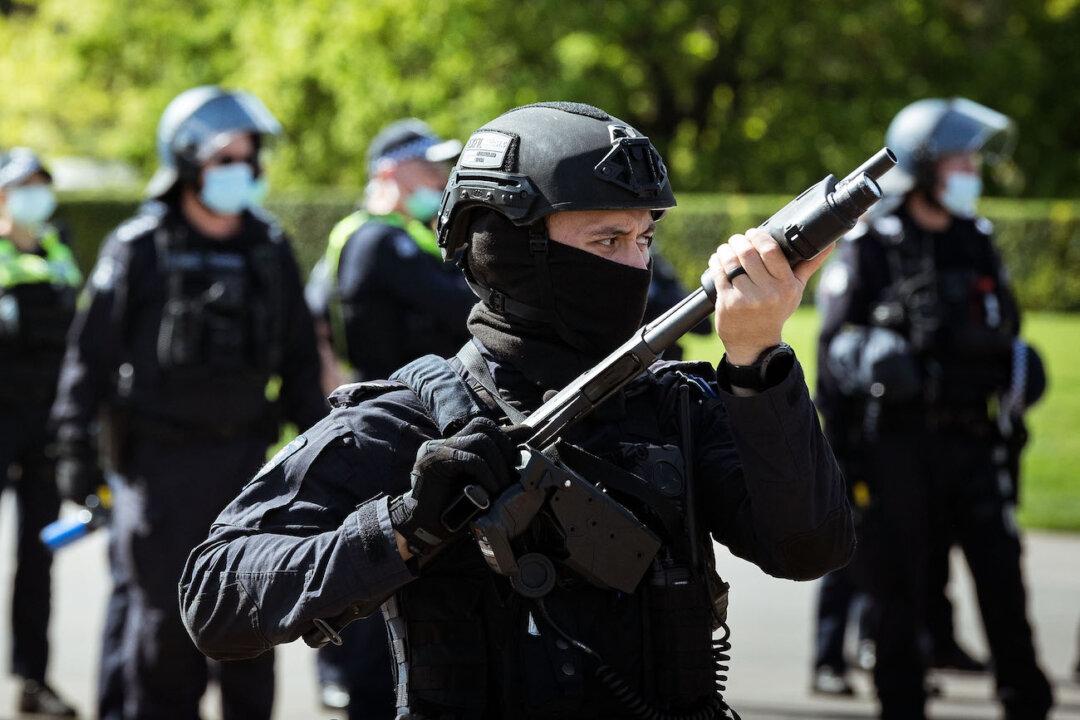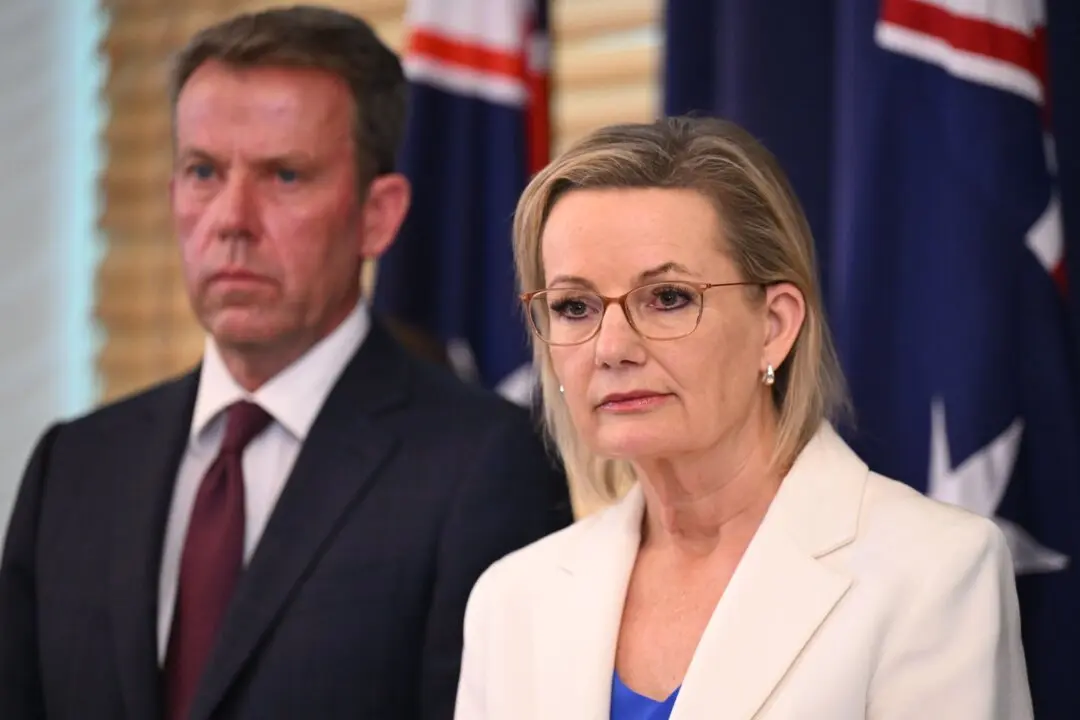Images and videos of alleged police aggression to subdue Australians in Melbourne to quell civil unrest, has raised concerns over the use of force by law enforcement against alleged breaches of public health orders.
David Limbrick, an upper house member of Victoria’s state parliament, says police have been given the “very difficult” task of implementing health orders—a role they are not trained for—and is warning that the state government’s handling of its pandemic response could lead to increasing “social chaos.”





